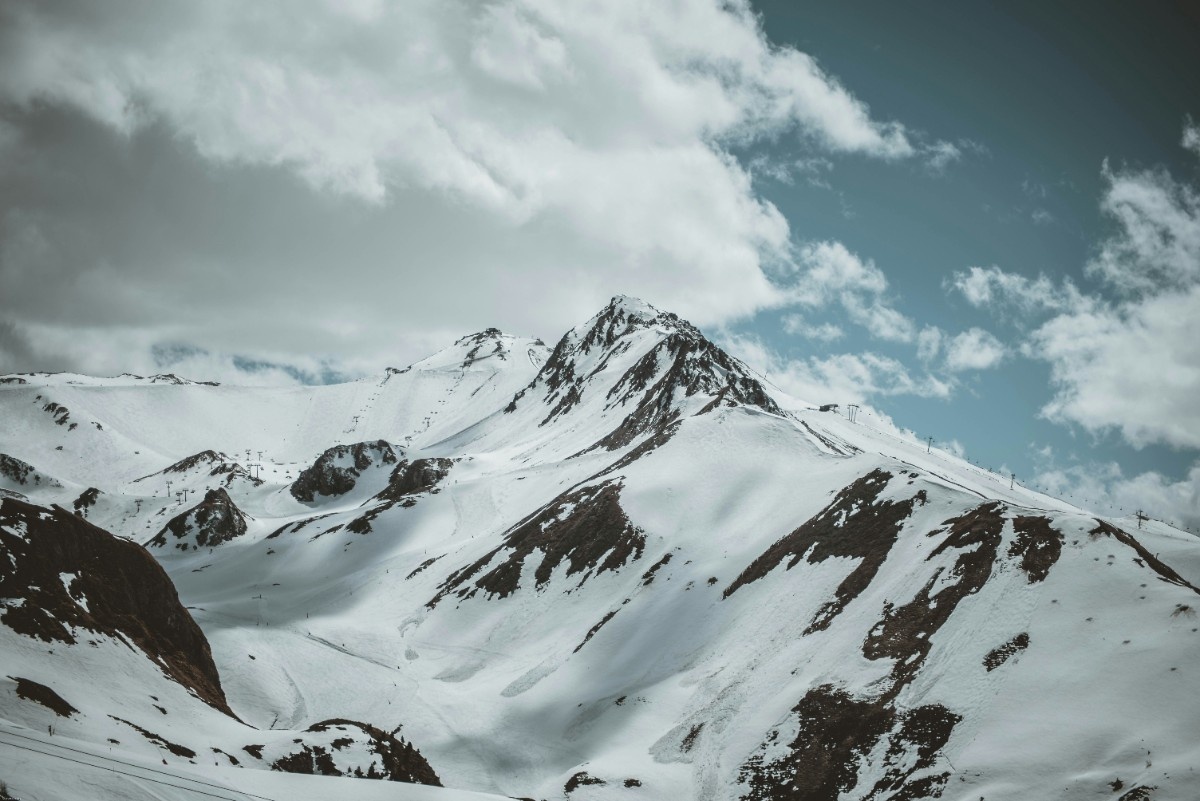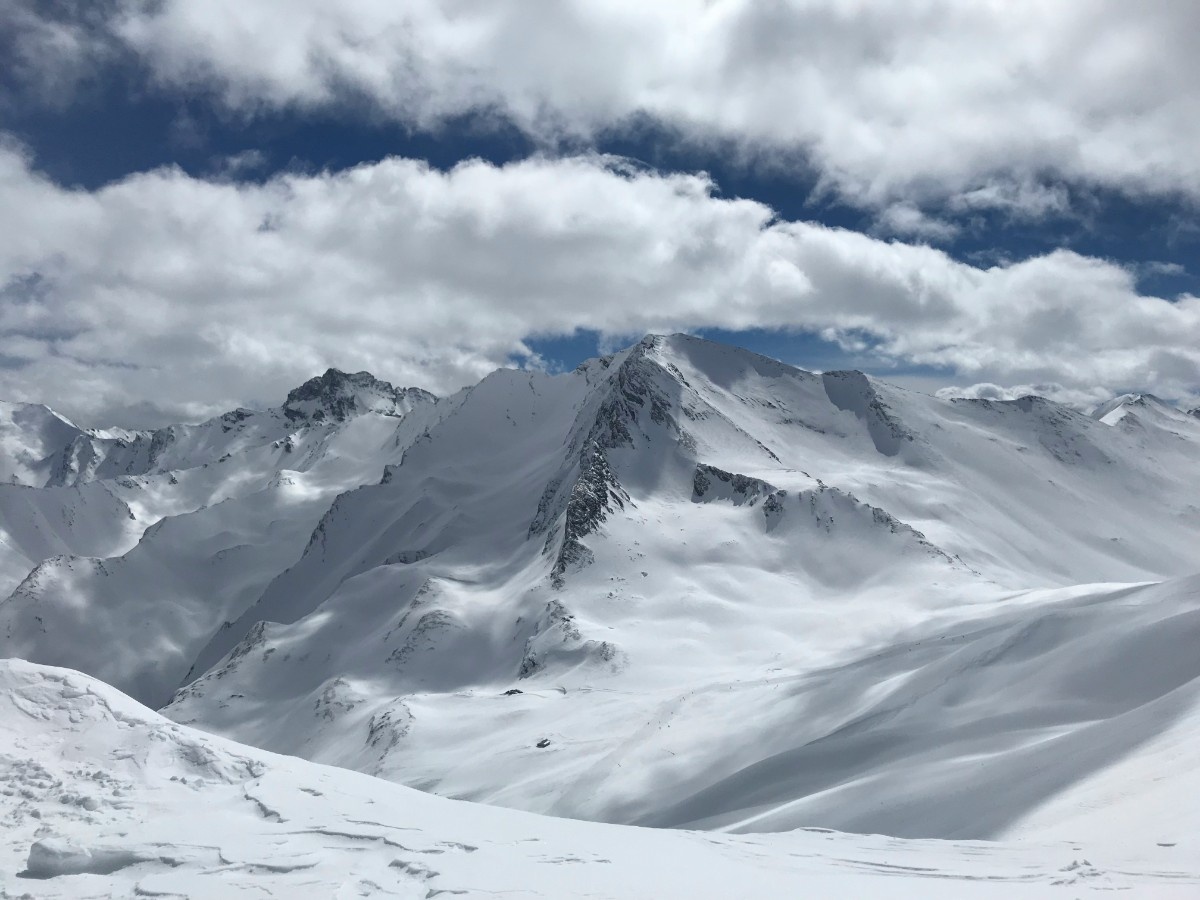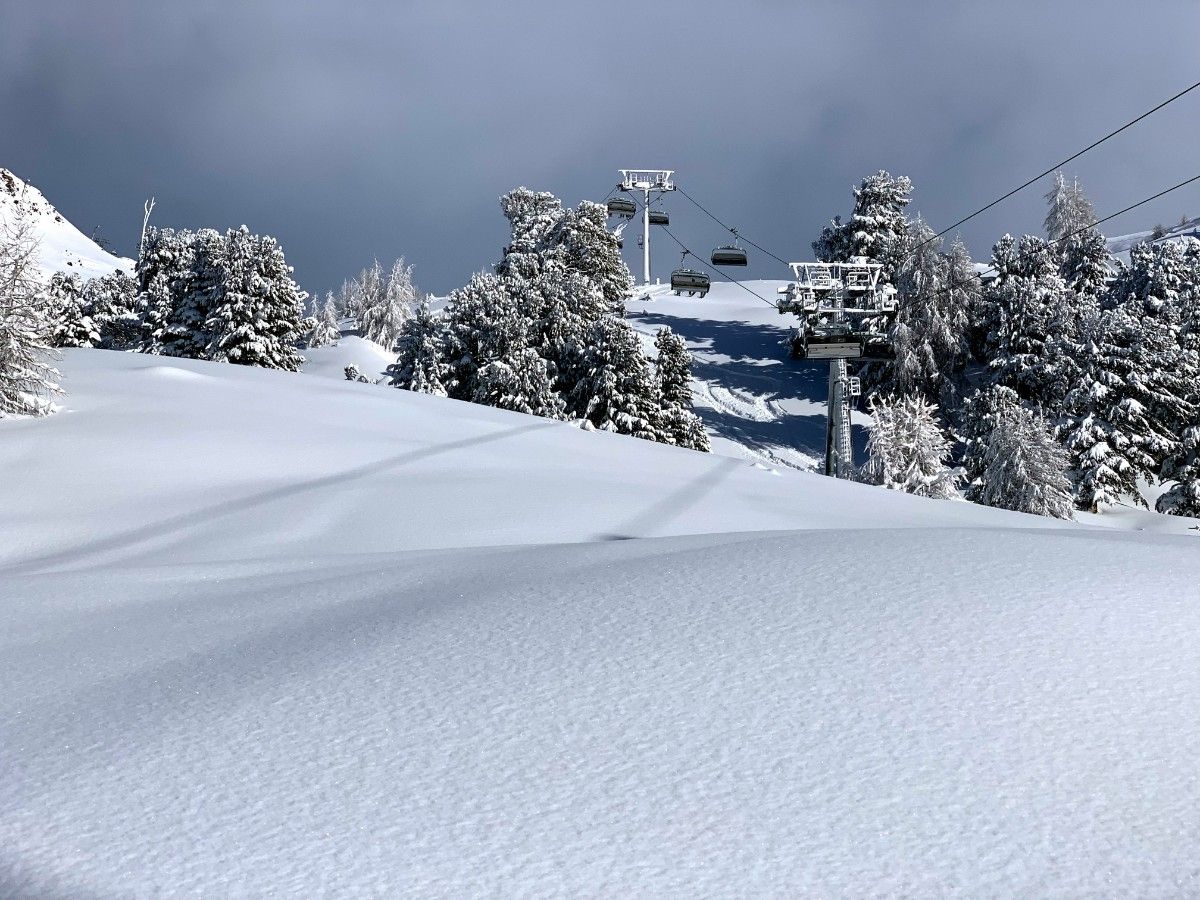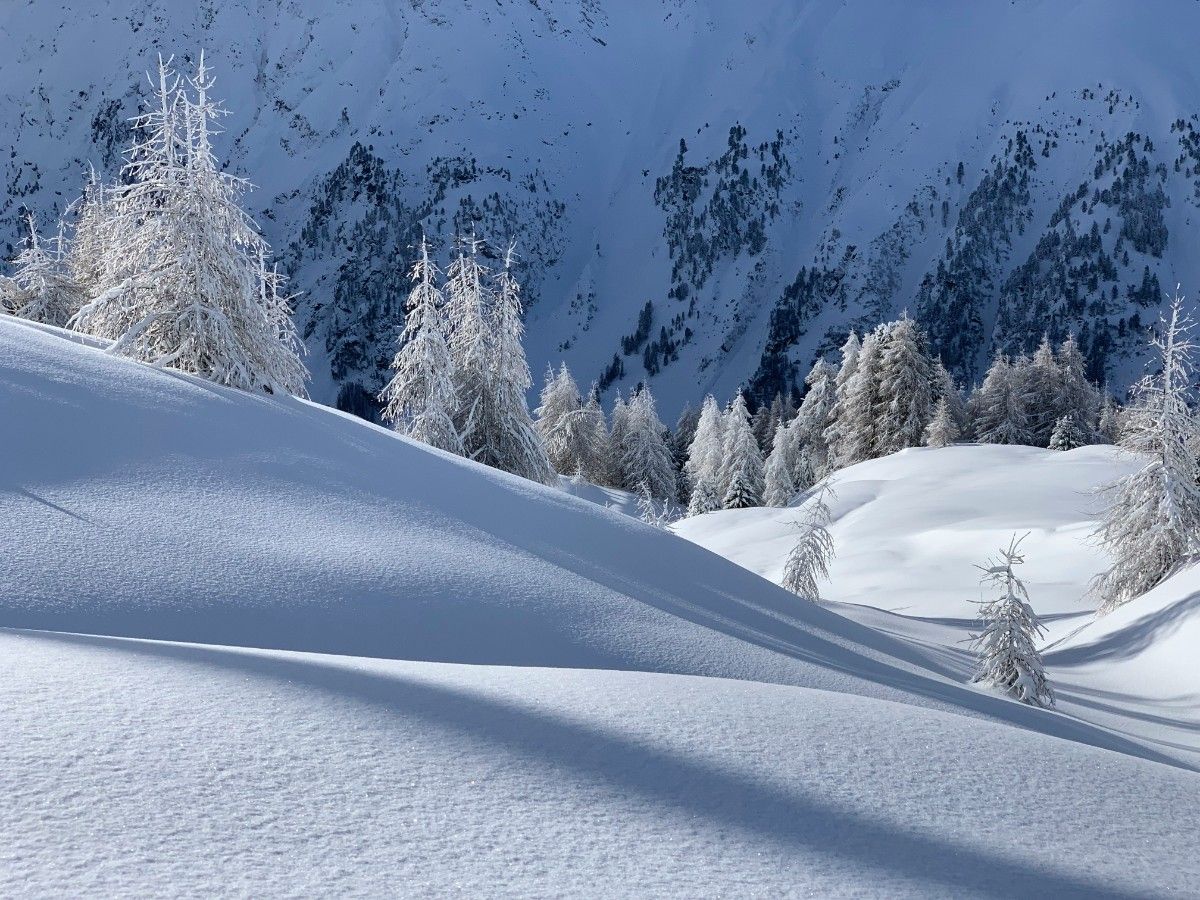Nestled in the heart of the Tyrolean Alps, Ischgl stands as a beacon for winter sports enthusiasts and holidaymakers alike. This comprehensive guide delves into the many facets of Ischgl, from its world-class ski slopes to its vibrant après-ski scene. Whether you're a seasoned skier or a curious traveller, this pillar page will provide you with all the essential information about this Austrian gem.
Discovering Ischgl: A Winter Wonderland
The Rise of Ischgl as a Premier Ski Destination
Ischgl, nestled in the heart of the Tyrolean Alps, has transformed from a humble farming village into one of Europe's most sought-after winter sports destinations. The story of Ischgl, Austria is one of visionary development and a commitment to excellence that has spanned over half a century.
The resort's journey began in the 1960s with the installation of its first ski lift. This marked the beginning of Ischgl's transformation from a quiet Alpine village to a bustling winter sports hub. Over the subsequent decades, continuous investment in infrastructure and a focus on providing a world-class visitor experience have propelled Ischgl to the forefront of Alpine tourism.
One of Ischgl's unique selling points is its location on the Austrian-Swiss border. This geographical advantage allows skiers to cross international boundaries while on the slopes, adding an extra layer of excitement to their skiing experience. The resort is part of the Silvretta Arena, which connects Ischgl with the Swiss resort of Samnaun, creating one of the largest ski areas in the Alps.
The ski season in Ischgl typically runs from late November to early May, making it one of the longest in the Alps. This extended season is made possible by the resort's high altitude, with slopes ranging from 1,377 metres at the base to 2,872 metres at the highest point. The high altitude not only ensures a long season but also guarantees excellent snow conditions throughout the winter, a crucial factor in Ischgl's rise to prominence.
Ischgl's commitment to providing a top-notch ski experience is evident in its continuous investment in infrastructure. The resort boasts one of the most modern lift systems in the world, with high-speed chairlifts and gondolas that can transport over 95,000 skiers per hour. This efficient system means less time queuing and more time enjoying the slopes, a key factor in visitor satisfaction and the resort's growing popularity.
Beyond Skiing: The Complete Ischgl Experience
While Ischgl's ski offerings are undoubtedly its main draw, the resort has cultivated a reputation that extends far beyond its slopes. Ischgl has earned the moniker "Ibiza of the Alps" due to its legendary après-ski scene, which rivals its daytime offerings in terms of excitement and variety.
After a day on the slopes, visitors can enjoy a wide range of bars, clubs, and restaurants, many of which feature live music and DJ sets. The resort is also known for its star-studded concerts, with world-famous musicians performing at the season opening and closing events. These concerts have become a hallmark of the Ischgl experience, attracting visitors from around the globe and cementing the resort's reputation as a destination that offers more than just skiing.
For those seeking a more relaxed experience, Ischgl offers a variety of wellness facilities. Many hotels in the resort feature luxurious spas where guests can unwind after a day of skiing. These spas often include saunas, steam rooms, and swimming pools, providing the perfect environment for relaxation and rejuvenation.
The village itself is a charming blend of traditional Tyrolean architecture and modern amenities. Despite its growth as a ski resort, Ischgl has managed to maintain its authentic Alpine charm. Visitors can stroll through the pedestrianised centre, admiring the beautiful chalets and enjoying the mountain views, offering a taste of traditional Alpine life alongside world-class amenities.
Ischgl's commitment to sustainability is another aspect that sets it apart. The resort has implemented various eco-friendly initiatives, including energy-efficient snowmaking systems and a focus on renewable energy sources. This commitment to environmental responsibility ensures that future generations can continue to enjoy the beauty of the Alps, and it appeals to the growing number of environmentally conscious travellers.
Access to Ischgl is relatively straightforward, with several international airports within a few hours' drive. The nearest airport is Innsbruck, about 100 kilometres away, while Munich and Zurich airports are also viable options for international travellers. Once in the region, efficient shuttle services and well-maintained roads make the journey to Ischgl smooth and comfortable, contributing to the overall positive experience of visiting the resort.
The Ischgl Ski Area: A Skier's Paradise
The Silvretta Arena: An International Skiing Experience
The Ischgl ski area, also known as the Silvretta Arena, is the heart and soul of the resort. Spanning an impressive 239 kilometres of groomed pistes, it offers a diverse range of terrain suitable for skiers and snowboarders of all abilities. The ski area's unique selling point is its cross-border nature, allowing skiers to glide seamlessly between Austria and Switzerland.
The Ischgl ski map reveals a well-planned network of slopes that cater to all levels of expertise. Beginners will find gentle slopes near the village, perfect for gaining confidence on skis or a snowboard. Intermediate skiers, who make up the majority of visitors, are spoilt for choice with a vast array of red runs that criss-cross the mountain. For the more advanced and expert skiers, Ischgl offers challenging black runs and off-piste opportunities that will test even the most skilled.
One of the highlights of the Ischgl ski area is the Smuggler's Circuit, a series of runs that follows the old smuggling routes between Austria and Switzerland. This circuit not only provides excellent skiing but also adds a historical dimension to the experience. Skiers can complete the circuit in either direction, with each offering its own unique challenges and views.
The piste map Ischgl showcases the resort's modern lift system, which is crucial to the smooth operation of such an extensive ski area. With 45 state-of-the-art lifts, including high-speed chairlifts and gondolas, the system can transport over 95,000 skiers per hour. This efficiency means less time queuing and more time enjoying the slopes. The lifts are strategically placed to provide easy access to all parts of the ski area, ensuring that no slope is out of reach.
For those who prefer to plan their routes in advance, the Ischgl ski resort map is an invaluable tool. Available both online and in print form, it clearly marks all runs by difficulty level, lift locations, and amenities such as mountain restaurants and snow parks. The map also highlights the connection points to the Swiss side of the Silvretta Arena, making it easy to plan a cross-border skiing adventure.
Snow Reliability and Mountain Facilities
One of the unique features of the Ischgl ski area is its snow reliability. Thanks to its high altitude, with slopes ranging from 1,377 to 2,872 metres, Ischgl enjoys excellent snow conditions throughout the season. This natural advantage is supplemented by an extensive snowmaking system that covers 1,100 kilometres of slopes, ensuring good skiing conditions even in less snowy years.
The Ischgl ski area map also highlights the numerous mountain restaurants scattered across the slopes. These range from traditional Alpine huts serving hearty Tyrolean fare to modern self-service restaurants with panoramic views. The famous Paznauner Taya at the Idalp is a must-visit, offering a unique dining experience at 2,320 metres above sea level.
For those interested in the technical aspects of skiing, Ischgl offers several opportunities to improve skills. The ski schools in Ischgl are renowned for their high-quality instruction, with multilingual instructors catering to all ages and abilities. Whether you're a beginner looking to master the basics or an experienced skier wanting to refine your technique, these schools offer a range of courses to suit your needs.
The Ischgl ski area is also home to several timed slalom courses, allowing skiers to test their speed against the clock. These courses are regularly maintained and offer a fun challenge for competitive skiers. For a more relaxed experience, the numerous blue runs provide gentle cruising terrain with stunning views of the surrounding Alps.
Safety is a top priority in the Ischgl ski area. The resort employs a team of experienced ski patrollers who monitor the slopes and provide assistance when needed. Additionally, there are several avalanche-controlled areas for off-piste skiing, allowing more adventurous skiers to explore the backcountry safely.
The Ischgl ski area map also indicates several viewing platforms scattered across the mountain. These offer breathtaking panoramic views of the surrounding Alpine peaks, including views into four countries: Austria, Switzerland, Italy, and Liechtenstein. The most famous of these is the "Top of the Mountain" platform at 2,320 metres, which provides a 360-degree view of the Silvretta range.
For those interested in the latest snow conditions, the Ischgl webcam system provides real-time views of various points across the ski area. These webcams, strategically placed at key locations, allow skiers to check snow conditions and crowds before heading out to the slopes, helping visitors make the most of their time in this winter wonderland.
Resort Facilities and Amenities
Accommodation Options in Ischgl
Ischgl, Austria offers a wide range of accommodation options to suit every taste and budget. From luxurious 5-star hotels to cosy family-run guesthouses and self-catering apartments, visitors are spoilt for choice. Many of these establishments are ski-in/ski-out, providing direct access to the slopes and maximising time on the mountain.
The resort's commitment to quality is evident in its accommodation offerings, with many hotels boasting excellent spa facilities, gourmet restaurants, and stunning views of the surrounding mountains. These high-end hotels often feature state-of-the-art wellness centres, including saunas, steam rooms, indoor pools, and treatment rooms offering a range of massages and therapies. After a day on the slopes, guests can relax and rejuvenate in these luxurious facilities.
For those seeking a more traditional Alpine experience, there are numerous family-run guesthouses and chalets. These offer a warm, personal touch and often provide home-cooked meals featuring local Tyrolean specialities. Many of these establishments have been passed down through generations, giving guests a genuine taste of Austrian hospitality.
Self-catering apartments are also popular, particularly among families and groups of friends. These offer more flexibility in terms of dining and are often a more economical option for longer stays. Many of these apartments are centrally located, providing easy access to both the slopes and the village amenities.
Regardless of the type of accommodation chosen, visitors to Ischgl can expect high standards of comfort and service. Many establishments offer additional services such as ski storage, shuttle services to the lifts, and assistance with booking ski passes and equipment rental. Some hotels even have their own ski shops and rental facilities on-site, adding an extra layer of convenience for guests.
For those looking to enjoy Ischgl's famous après-ski scene, there are plenty of accommodation options located close to the main bars and clubs. However, for visitors preferring a quieter stay, there are also options available in more peaceful areas of the resort.
It's worth noting that Ischgl can get very busy during peak season, particularly around Christmas, New Year, and during school holidays. Booking accommodation well in advance is recommended to secure the best options and potentially benefit from early booking discounts.
Dining and Après-Ski
Ischgl's culinary scene is as diverse and exciting as its ski slopes. The resort boasts over 40 restaurants, ranging from traditional Tyrolean eateries to gourmet establishments. Many of these restaurants have earned accolades for their cuisine, with several featuring in prestigious restaurant guides.
On the mountain, skiers can refuel at numerous mountain huts and restaurants. These range from self-service establishments to table-service restaurants offering gourmet cuisine. The famous Alpenhaus at the Idalp, situated at 2,320 metres, is a must-visit, offering panoramic views and excellent food.
In the village, visitors can find everything from pizzerias and burger joints to high-end restaurants serving international cuisine. For those wanting to sample local specialities, there are plenty of restaurants serving traditional Tyrolean dishes such as Kaiserschmarrn (shredded pancake), Tiroler Gröstl (a hearty fry-up of potato, meat, and egg), and Käsespätzle (cheese noodles).
Ischgl's après-ski scene is legendary, earning it the nickname "Ibiza of the Alps". The resort comes alive after the lifts close, with numerous bars and clubs offering live music, DJ sets, and a party atmosphere that continues well into the night. The famous Trofana Alm and Kuhstall are must-visit venues for those looking to experience Ischgl's vibrant nightlife.
For those preferring a more relaxed evening, there are plenty of quieter bars and lounges where visitors can enjoy a cocktail or a glass of local wine. Many hotels also have their own bars, some offering live music or themed evenings.
It's worth noting that the après-ski scene in Ischgl can be quite lively and may not be suitable for families with young children. However, there are family-friendly restaurants and entertainment options available for those travelling with kids.
Planning Your Trip to Ischgl
Getting There and Around
Planning your journey to Ischgl is an important part of your trip preparation. The resort is well-connected to several international airports, making it easily accessible from many parts of Europe and beyond.
The nearest airport is Innsbruck, approximately 100 kilometres away. From here, you can reach Ischgl by car in about 1.5 hours, or by public transport in around 2.5 hours. Other options include Zurich Airport (240 km) and Munich Airport (240 km), both of which are about 3 hours drive from Ischgl.
If you're driving to Ischgl, it's important to note that winter tires are mandatory in Austria from November to April. The roads are generally well-maintained, but mountain driving can be challenging in winter conditions, so ensure you're comfortable with this before deciding to drive.
For those preferring public transport, there are regular bus services from the airports to Ischgl, with some requiring a change in Landeck. Train travel is also an option, with connections to Landeck-Zams station, from where you can take a bus to Ischgl. Many visitors find that public transport is a convenient and stress-free way to reach the resort, particularly given the potential challenges of winter driving.
Once in Ischgl, getting around is relatively easy. The village is compact and largely pedestrianised, making it pleasant to explore on foot. For accessing the slopes, there are several main lift stations around the village. A free ski bus service connects different parts of the village and provides easy access to these lift stations.
Lift Passes and Equipment Rental
When planning your trip to Ischgl, considering your lift pass options is crucial. The Ischgl ski resort offers a variety of pass options to suit different needs and durations of stay. Multi-day passes often offer better value for money, and some include access to other resorts in the region.
It's worth checking if your accommodation offers any lift pass deals as part of a package, as this can sometimes lead to significant savings. If you're planning to explore the entire Silvretta Arena, including the Swiss side, ensure your pass covers both areas.
The Ischgl ski resort map is an invaluable tool when planning which lift pass to purchase. It can help you understand the layout of the ski area and decide which areas you want to access. The map is available online and in print form at the resort.
Equipment rental is another aspect to consider. While you can bring your own gear, many visitors find it more convenient to rent equipment in Ischgl. There are numerous rental shops in the village offering a wide range of skis, snowboards, and accessories. Many allow you to pre-book online, saving time upon arrival. Some shops also offer a delivery service to your accommodation, adding an extra level of convenience.
When renting equipment, consider your skill level and the type of skiing you plan to do. Most rental shops have staff who can advise on the best equipment for your needs. If you're a beginner or intermediate skier, you might want to consider hiring a helmet for added safety.
For those new to skiing or looking to improve their skills, Ischgl has several reputable ski schools offering group and private lessons for all ages and abilities. These schools often provide instruction in multiple languages, catering to the resort's international clientele. Booking lessons in advance, especially during peak periods, is advisable to ensure availability.
Finally, don't forget to check the Ischgl weather forecast when planning your trip. While the resort's high altitude generally ensures good snow conditions, weather can still impact your experience. Websites and apps providing detailed Ischgl weather reports can be invaluable for planning your daily activities and ensuring you pack appropriate clothing.
Related Articles

Let us know you agree to cookies
We use marketing, analytical and functional cookies as well as similar technologies to give you the best experience. Third parties, including social media platforms, often place tracking cookies on our site to show you personalised adverts outside of our website.
We store your cookie preferences for two years and you can edit your preferences via ‘manage cookies’ or through the cookie policy at the bottom of every page. For more information, please see our cookie policy.






